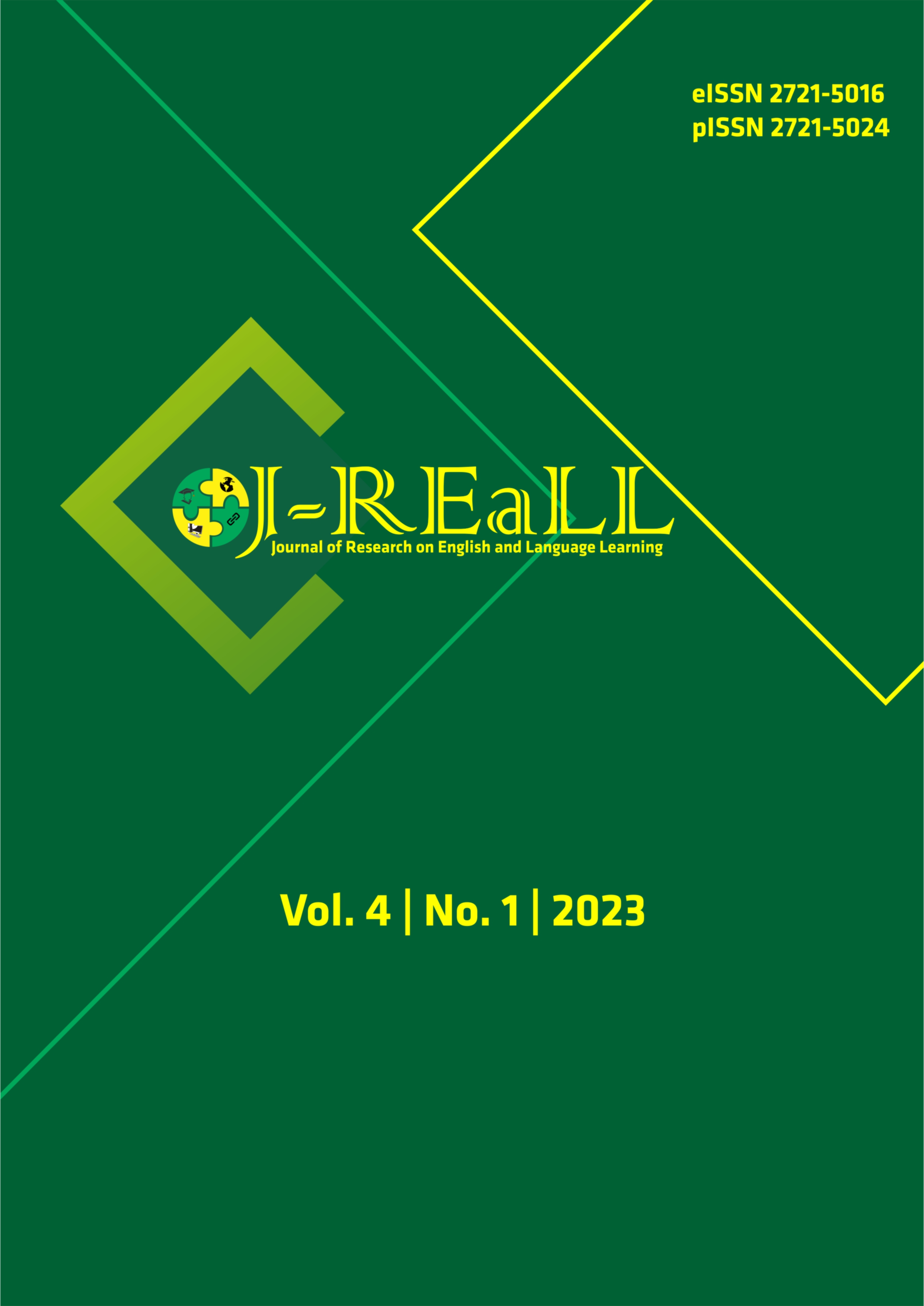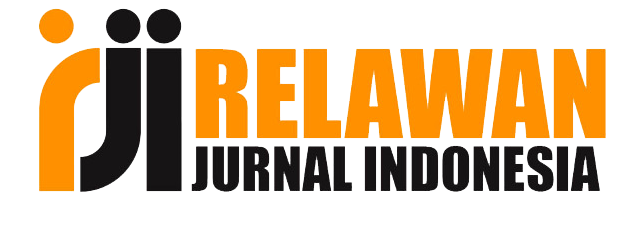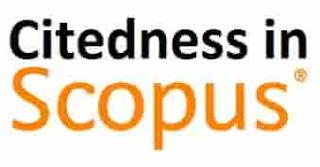Utilizing Paper-mode Quizizz for formative assessment in English teaching and learning
DOI:
https://doi.org/10.33474/j-reall.v4i1.19288Keywords:
formative assessment, Paper-mode Quizizz, learningAbstract
As information and communication (ICT) has grown rapidly, there are many forms of technology provided to support and facilitate the teaching and learning process. Game-based learning these days has been growing interest. It is not only purposed for the teaching-learning media but also for the assessing phase. Quizizz is one of game-based learning platforms offering multiple tools to assess the students’ learning progress. It provides Paper-mode quizzes using printable or a quick-response code. In this research, the researcher deals with utilizing Paper-mode Quizizz for formative assessment in English teaching and learning. This research is a case study with qualitative data conducted at SMP SSA Negeri Kloposawit 1 Candipuro involving 41 students from 8A and 8C as the research participants. Further, to obtain the students’ perceptions, the researcher collects the data through interviews. The result indicates that most students show positive perceptiveness in utilizing Paper-mode Quizizz for formative assessment in teaching and learning English. It is stated that Paper-mode Quizizz is easy to use, enjoyable, fun, challenging, and very interesting. The students only show and rotate the answer, and the teacher will scan the code cards to display the real-time results. In addition, this makes students more motivated to have a test using Paper-mode Quizizz. To sum up, Paper-mode Quizizz is an effective-alternative platform to use for formative assessment in English teaching and learning.
References
Amalia, D. (2020). Quizizz website as an online assessment for English teaching and learning: Students’ perspectives. Jo-ELT (Journal of English Language Teaching) Fakultas Pendidikan Bahasa & Seni Prodi Pendidikan Bahasa Inggris IKIP, 7(1), 1-8. doi: https://doi.org/10.33394/joelt.v7i1.2638
Aulia, P. (2020). Using the Quizizz as an assessment of students’ English learning. Journal of English Teaching, Applied Linguistics, and Literature (JETALL). English Language Education Study Program, FKIP Universitas Lambung Mangkurat Banjarmasin
Bell, J. (2005). Doing your research project: A guide for first-time researchers in education, health and social science (4th Ed.). England: Open University Press.
Bury, B. (2017). Testing goes mobile–Web 2.0 formative assessment tools. International Conference ICT for Language Learning. Retrieved February 12, 2019, from https://conference.pixel-online.net/ICT4LL/files/ict4ll/ed0010/FP/4060-ETL2655- FPICT4LL10.pdf
Degirmenci, R. (2021). The use of Quizizz in language learning and teaching from the teachers’ and Students’ perspectives: A literature review. Language Education and Technology (LET Journal), 1(1), 1–11
Dichev, C., & Dicheva, D. (2017). Gamifying education: what is known, what is believed and what remains uncertain: a critical review. International Journal of Educational Technology in Higher Education, 14(1), 9
Fouts, J. T. (2000). Research on computers and education: Past, present and future. Bill and Melinda Gates Foundation.
Rahayu, I. S. D., & Purnawan, P. (2018). The use of Quizizz in improving students’ grammar understanding through self-assessment. Advance in Social Science Education and Humanities Research. Vol 254. Retrieved March 5, 2019, from https://www.researchgate.net/publication/334422905_The_Use_of_Quizizz_in_Improv ing_Students'_Grammar_Understanding_through_Self-Assessment
Rana, K. B. (2017). Use of educational technologies in teaching and learning activities: Strategies and challenges (Master’s thesis). Higher Education Department of Education Faculty, University of Oslo
Downloads
Published
How to Cite
Issue
Section
License
Copyright (c) 2023 Rizal Wahid Permana Putra

This work is licensed under a Creative Commons Attribution 4.0 International License.
Authors who publish this journal agree to the following terms:
- Authors retain copyright and grant the journal right of first publication with the work simultaneously licensed under a Creative Commons Attribution License that allows others to share the work with an acknowledgement of the work's authorship and initial publication in this journal.
- Authors can separately make additional contractual arrangements for non-exclusive distribution published by the journal (e.g., publish it in a book), with an acknowledgement of its initial publication in this journal.
- Authors are allowed and encouraged to send their work via online (e.g., in the institutional repositories or their website) after published by the journal.






















